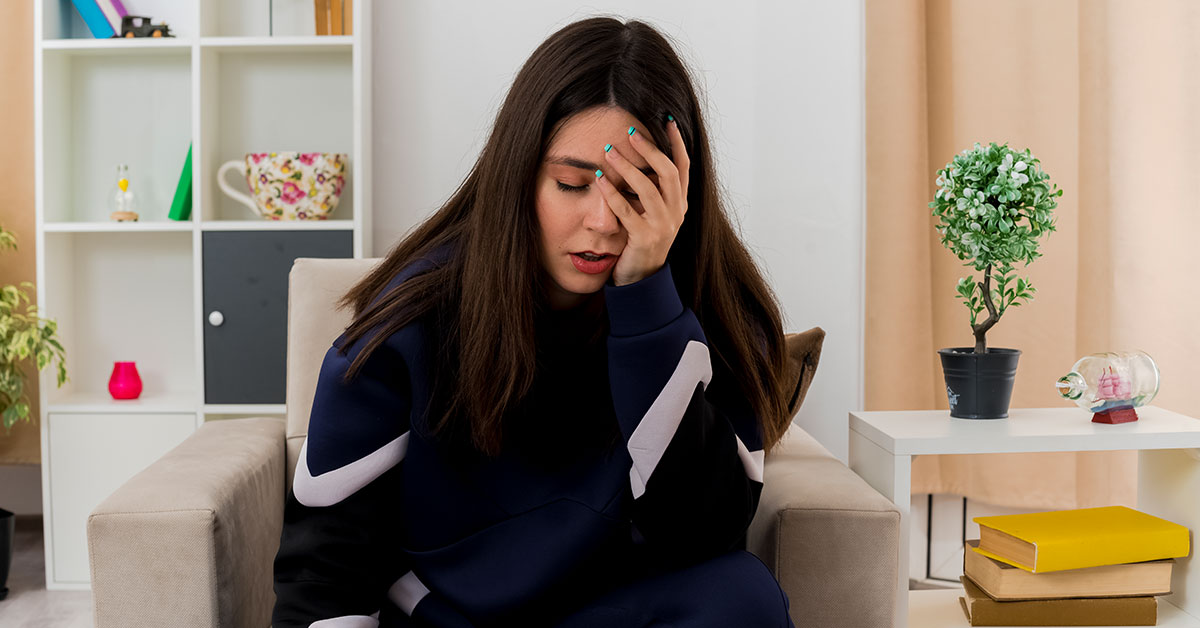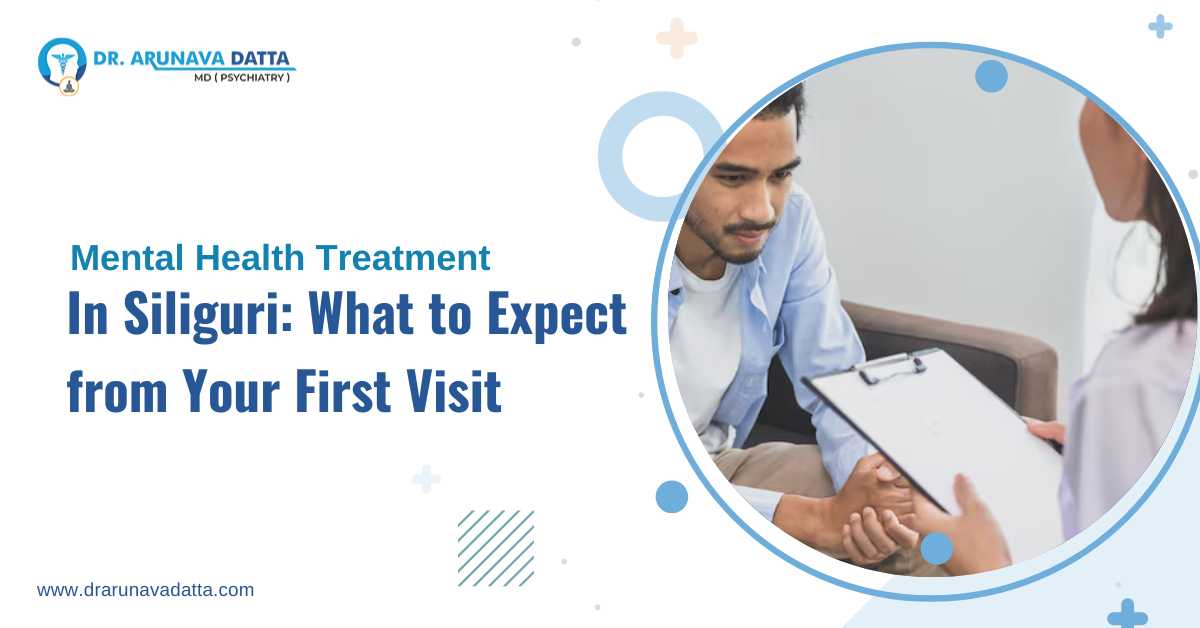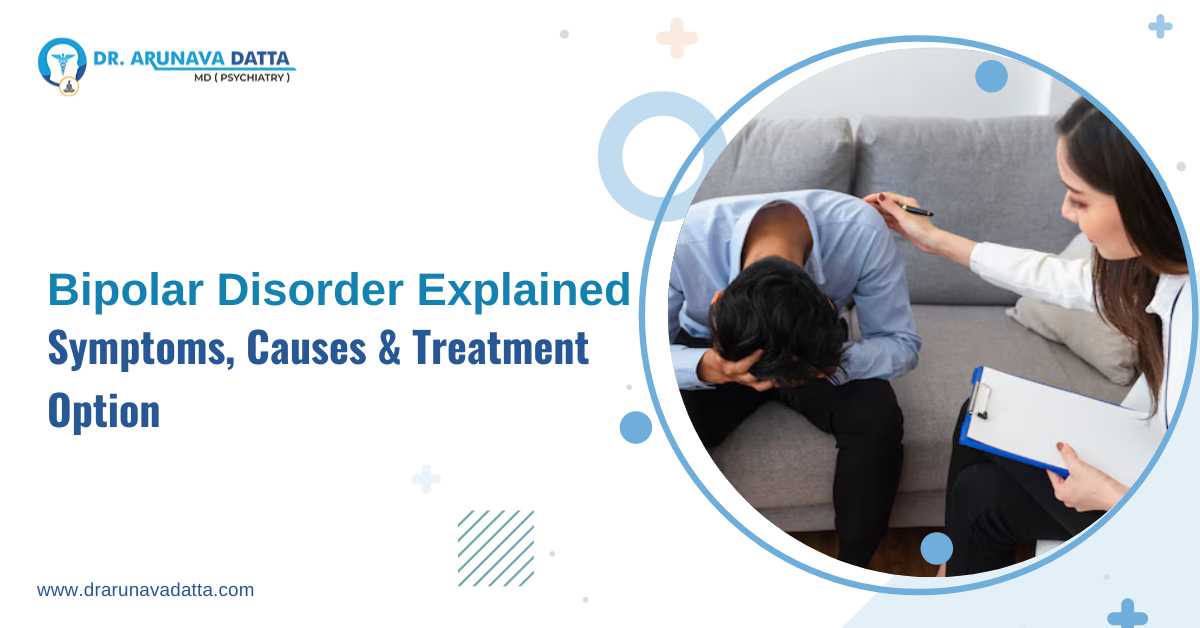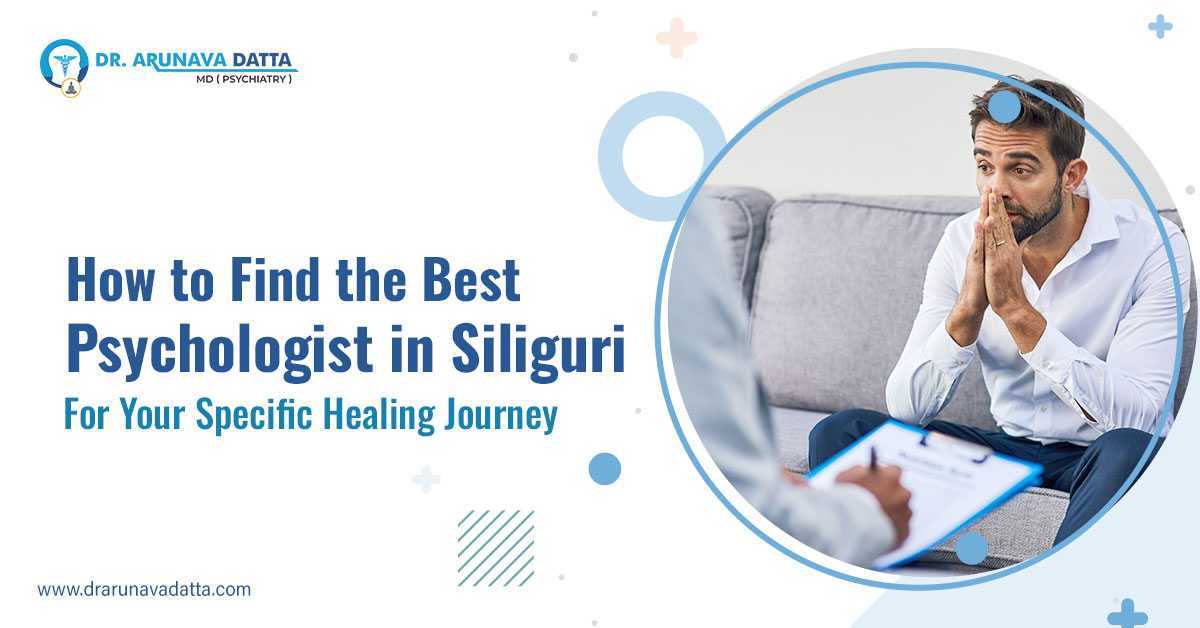Anxiety is a normal human reaction to alert you regarding a potential danger. However, when this anxiety starts affecting your daily activities by overwhelming the fear then it becomes a mental disorder. Excessive fear due to an anxiety spectrum disorder can insist you avoid work, social situations, and family gatherings.
If you’re experiencing any anxiety spectrum disorder symptoms fatigue, muscle tension, restlessness, problem sleeping, or difficulty concentrating then you must avail of an effective anxiety spectrum disorder treatment. Effective treatment will contribute to controlling the symptoms so that you can participate in daily life activities without any worry.
Here are some of the common types of anxiety spectrum disorder.
1. Generalized Anxiety Disorder (GAD)
GAD is a type of anxiety spectrum disorder where a person develops excessive worry in common situations and occurrences. This type of anxiety is also often called chronic anxiety neurosis which is different from normal anxiousness.

Some of the common symptoms of GAD are indecisiveness, persistent worrying, inability to relax, difficulty concentrating, fatigue, irritability, nervousness, and sweating. The doctor may recommend psychotherapy or certain medications to treat the condition.
2. Agoraphobia
Agoraphobia is another type of anxiety disorder that involves avoiding situations that cause panic and fear. The person suffering from this disorder may also feel trapped or embarrassed in certain situations. Most people may suffer from one or multiple panic attacks before developing agoraphobia.
Stress, previous learning experiences, health conditions, and genetics are some of the factors that can cause this mental condition. Talk therapy and medications such as anti-anxiety, and antidepressants can be effective in reducing agoraphobia.
3. Social Anxiety Disorder
In social anxiety disorder, a person may feel nervous or fearful in certain social situations. It may feel normal to have social anxiety while giving a presentation or speech but when the anxiety becomes a regular thing then you may feel that you are judged or criticized everywhere.

This disorder can severely disrupt your life and relationship while increasing the chances of severe stress. Medications and learning coping skills can be effective methods for boosting confidence to face every social situation. You can also avail of CBT in Siliguri to control the symptoms.
4. Post-Traumatic Stress Disorder (PTSD)
PTSD is another mental health disorder where a person develops symptoms of anxiety after a specific terrifying event such as the death of a near one or accident. After these experiences, you may get sudden flashbacks, severe anxiety, or nightmares related to the event.
PTSD can also be associated with other symptoms such as memory problems, negative thoughts, hopelessness, feeling numbness, trouble sleeping, and concentrating. Exposure therapy, eye movement desensitization and reprocessing, and cognitive therapy can contribute to controlling the symptoms.
5. Obsessive Compulsive Disorder (OCD)
People suffering from OCD develop unwanted fears or thoughts which leads them to do some repetitive behaviors. These compulsions and obsessions can disrupt one's daily life hugely. Fear of contamination, aggressive thoughts, doubts, and intense stress are some of the treatments for OCD.
You must always remember the fact that medications or therapies for these types of anxiety disorders always vary depending upon the severity. You must contact a psychiatrist to receive appropriate anxiety spectrum disorder treatment. Additionally, to treat the mental condition you must also indulge in lifestyle improvements such as managing stress, stopping smoking, meditating, and having a balanced diet.






